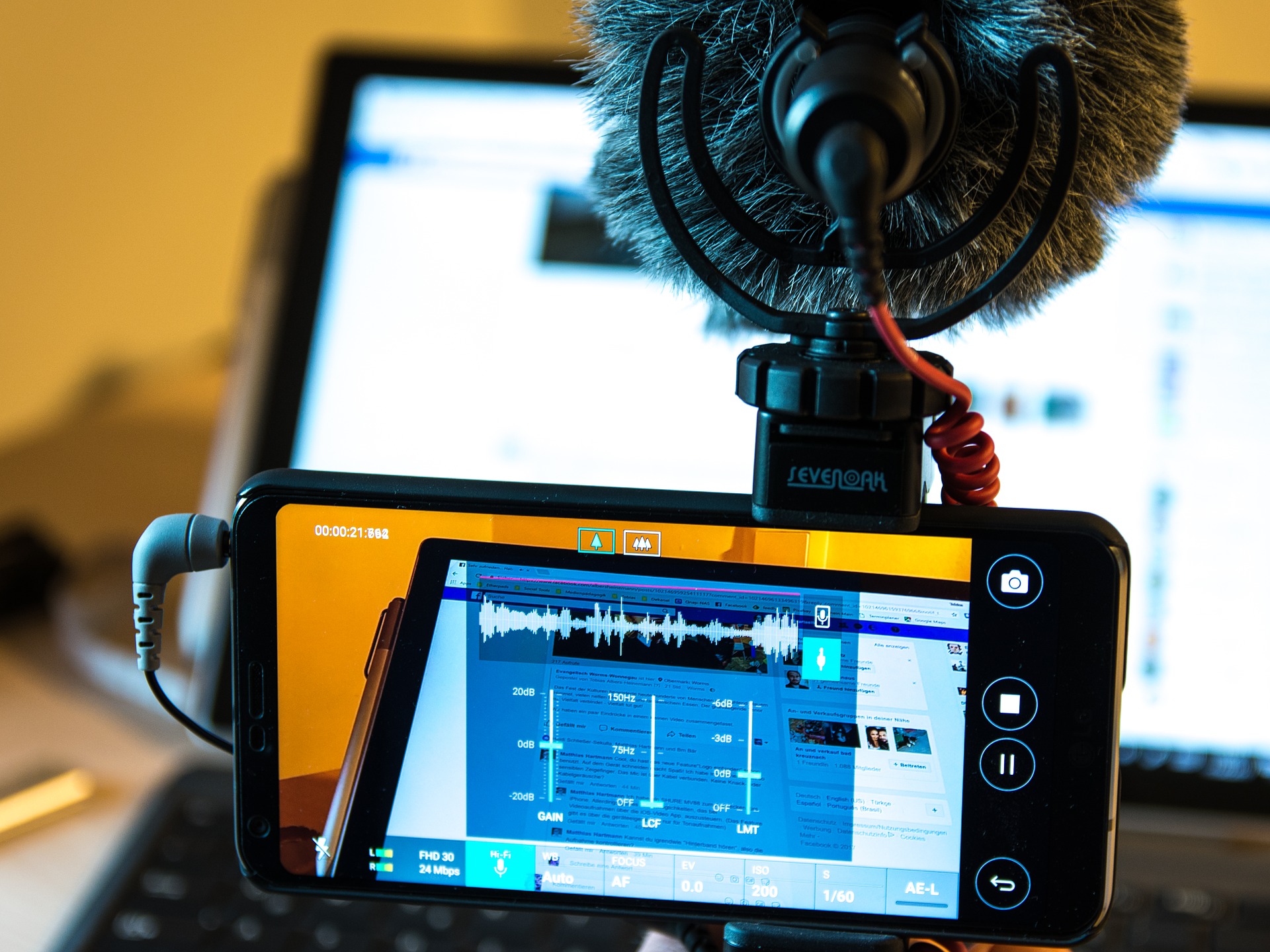
A few days ago, my mentor sent me a Facebook message because he wanted to tell me a story.
He was at a job fair a few days ago where he met a young man who had recently graduated from journalism school. This graduate wants to work as a reporter in the New York City area. Unfortunately, this graduate has none of the necessary skills to make that dream happen. He has no multimedia skills, no networking skills, no idea how to freelance, and no idea how to even pitch stories to publications.
This graduate’s scenario reminds me too much of what I’m going through with my mentee. This is the second scenario of an ill-prepared journalism student of color. It makes me wonder what journalism professors are actually teaching in class.
But I digress. Fortunately for this student, he lives near the media capital of our country. That means all is not lost for him. There are ways for him to make up for lost time, so to speak, and learn new skills. And if you’re reading this and find yourself in the same situation, take note of the tips I’m about to share.
NO NETWORKING SKILLS
Networking is a fancy term we use for rubbing elbows with industry professionals so that those professionals will think of you whenever there’s a new job opportunity. Here’s how to become a networking pro.
First, create a LinkedIn profile and a Twitter account. Make sure to add a professional-looking profile picture. Be very active on both accounts. After that, get some business cards. I hear Vistaprint has good deals, but I also know that Staples and Office Max will print cards too. Finally, search the Internet for events where journalists will be on hand. Journalism organizations often hold workshops, conferences, conventions, mixers, meet-ups, or speaker events in your town. Go there and meet fellow journalists. For people who are introverts, “go there and meet” is more easier said than done. Still, you have to summon some amount of bravery to walk up to strangers and introduce yourself. And once you do, hand that person (or those people) your business card. Tell them what you’re interested in, what your hobbies are, and (perhaps most importantly) that you’re looking for a job. Make sure you take other people’s business cards. You should repeat this process as much as possible.
As you gain more confidence to approach people, you will gather more and more business cards and more connections on LinkedIn. Ultimately, networking is about getting as many people to know about you as possible.
NO MULTIMEDIA SKILLS

This is perhaps the easiest problem to fix and it’s thanks to the glorious proliferation of instructional videos on YouTube. If you have a smartphone, you already have all the tools needed to practice good multimedia basics. This is especially true if you have a newer version of the iPhone.
Having good multimedia skills is nothing more than knowing how to capture great audio, photos and video and how to use all three to make an engaging video for the web. All smartphones these days will take great photos and video and decent audio. So, if you have an iPhone, here’s what you do to practice your multimedia skills. Use your cell phone camera to interview your friend about something interesting he/she is doing in the next few weeks. After that, use your camera to take pictures of anything related to that activity they have planned. After that, go on YouTube and search for iMovie tutorial for iPhone. You’ll get tons of videos back, including this one. Watch a few of them until you feel like you’ve gotten the hang of the buttons. Then, take your video and photos from your friend and try to put together a video worth watching. If you have an Android phone, you probably don’t have iMovie. Instead, download Videolicious, then search YouTube tutorials for that app.
Try to do a good multimedia package once a month. As you’re practicing, go online and search for websites or workshops that will teach advanced multimedia tips and tricks.
NO IDEA HOW TO FREELANCE

How active and successful someone can be as a freelancer really depends on what city they live in and how many publications are taking freelanced stories.
But as a recent journalism graduate, you want to focus on small print publications and small online publications. Patch.com is a great starting out point for reporters. But any website that focuses on hyperlocal news and is accepting freelancers is a safe bet. If you can’t find a website, turn to weekly newspapers. Go online and find the name and phone number to the newspaper’s managing editor. Contact that person and see if the publication is accepting freelance stories. If so, ask them to send you to any assignment they need done. After a few months, go back to that same editor and ask him or her to explain how you might go about pitching your own story ideas. If it were me, I would ask that editor out for a cup of coffee and sit the person down and explain to him or her that you have no experience in pitching freelance ideas, but you want to start. Ask them what type of stories they like pitched to them and what things you can do to ensure that your idea is accepted.
If you don’t get any good tips from that editor, default to this handy list from the International Journalists’ Network.
THE BOTTOM LINE
In an ideal world, a university should have prepared a journalism student to walk across the stage and right into a newsroom. But this is reality and we know that that doesn’t always happen. But that doesn’t doom ill-prepared journalism students for a life of waitressing and low-wage retail gigs. If you’re willing to be patient, get better at your craft, network constantly, and seek out help, you can be on the road to a full-time job somewhere within 12-24 months.